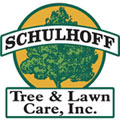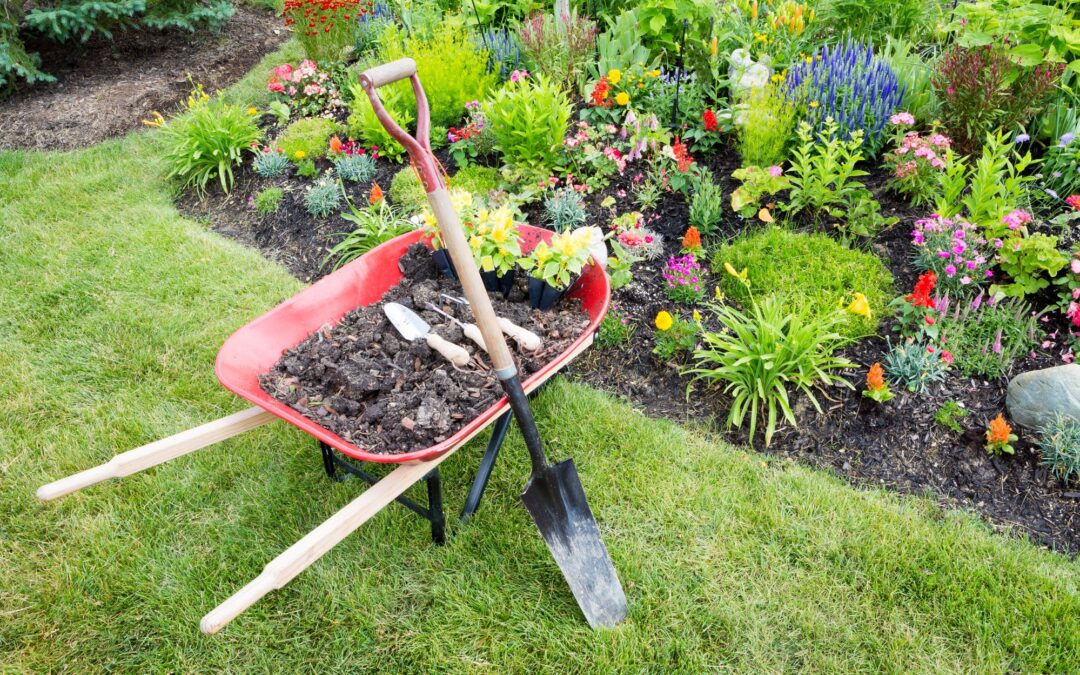Many homeowners and business owners want to do their part to contribute to a healthy local environment by choosing organic lawn care techniques. If you’re one of this growing group, you may wonder what organic yard care involves and what you should know about it. Getting answers to your questions is key to deciding if this switch is right for you, as well as how to go about making it a reality.
To help you get started, here are a few important answers to the most common questions.
Why Choose Organic Lawn Care?
Avoiding chemicals in lawn care is more difficult than simply using what’s most expedient or most convenient. It takes more effort and time. So, why make this choice? First, the chemicals many lawn owners use actually make their soil worse, depleting it and robbing it of its natural components and restorative ability. When you reduce and eliminate these chemicals, the soil will return to a sustainable state.
A healthy, organic lawn also helps local flora and fauna. It carries no dangerous toxins or poisons that may threaten cats, dogs, small wildlife, insects, and birds. Not only does this help create a healthier ecosystem on your property, but it also promotes a healthy ecology for your entire community.
In the end, organic methods will also save money and effort. Instead of constantly relying on harsh chemicals to make up for weaknesses in the lawn’s natural state, you build up the lawn to care for itself. In the end, it often results in lower maintenance bills and less water usage. Plants are more sustainable and hardier without chemical intervention.
What Does Organic Lawn Care Include?
Organic methods include a wide array of things you can do to help care for the lawn. It starts with learning more about your soil conditions and the needs of the particular plants and grasses in your yard. By testing the soil and making adjustments to get it healthier, you reduce the need for artificial support. These adjustments may include the pH balance and levels of phosphorous, potassium, nitrogen, or magnesium.
Another way to reduce your need to support plants is to choose the right plants for the right areas. Native grasses are used to the climate in which you live — its geography, seasons, sunlight levels, rain, and soil conditions. This means that by starting with the right lawn grass, and nearby shrubs and trees, you already have a leg up in getting it to take root and stay green.
What about fertilizing plants and controlling pests? The good news is that there are organic options for these tasks as well. Natural fertilizers such as compost, grass clippings, and organic fertilizer mixes can take the place of artificial ones. Natural pest control might include things like neem oil, corn gluten meal, diatomaceous earth, and specialty organic mixtures.
Finally, organic lawn care includes a shift in perspective for combating problems. You might add decorative plants like sunflowers, marigolds, or lavender, which serve as natural pest repellants. Keep the grass healthier with proper mowing habits and methods. A homeowner might fix drainage issues that attract moisture-loving pests. In addition, aeration helps prevent compaction that damages roots.
What Should You Know Before Starting Organic?
If an organic yard care system sounds like a good idea to you, there’s no time like the present to get started. However, keep in mind that returning your landscape to an organic state may take some time and effort. There are fewer quick fixes than there are with convenience-based gardening methods.
You may need to spend time learning about your yard and plants. You will likely need to make changes and then wait to see them come to fruition. Your lawn may need time to recover from damage by chemicals. Finding solutions to specific issues may take some trial and error. None of this means that your change to natural lawn care is a failure, but it does mean that you may need some patience.
Remember that your yard is a long-term care project rather than a sprint. Doing what’s best for it in the long run is worth the extra effort in the short term.
Where Should You Start?
What’s the best way to get started on your new project? For most homeowners, it’s by consulting with an experienced lawn care service in your area who specializes in organic lawn care. With their expertise, they can reduce the time and effort needed to go organic and help you avoid common mistakes other property owners have made.
Schulhoff Tree & Lawn Care, Inc. has assisted Denver area landowners for more than 80 years, and we can help you too. Our team will assess your lawn’s conditions, needs, strengths, and weaknesses to help you formulate a plan to go organic. Call today to make an appointment or get answers to your specific questions.

